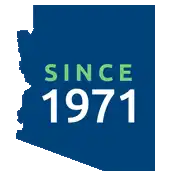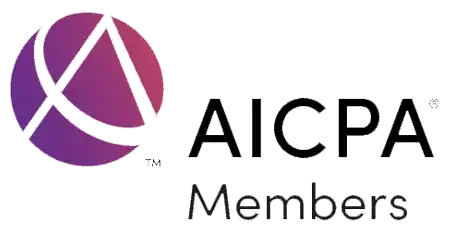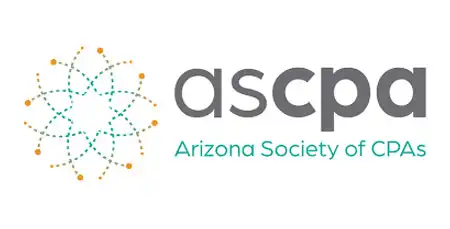Data Security: Why It’s Important to Secure Your Data
In today’s digital age, hackers are becoming more creative in stealing personal identifiable information (PII).
Data protection is important to consider when transmitting PII data through any electronic channels, especially on the internet. These communications can include, but are not limited to:
- email,
- instant messaging,
- social media, and
- cloud-based document sharing.
Below are target areas for hackers trying to steal PII data.
Email Encryption and Data Interception. Unencrypted emails are extremely vulnerable. When you send an unencrypted email, especially with attachments, there is a risk that malicious actors could intercept and access your sensitive information.
Encryption is crucial! It transforms your data into a code that can be deciphered only by the intended recipient, thereby protecting it from unauthorized access. At Walker & Armstrong, we utilize platforms and best practices to protect our clients’ PII data.
- Our Client Portal can be accessed via our website at www.wa-cpas.com. From there you will be able to upload your documentation securely. After you upload the information, our administrative team will receive notification and can distribute the information to the appropriate parties.
- For our tax clients, we utilize a platform called SafeSend, which can be accessed by using the link found in the email signatures of all Walker & Armstrong tax employees. By clicking on “Click here to send me files securely,” you will be directed to the SafeSend Exchange, an encrypted email site through which you can securely send documents to anyone within our firm.
- For our audit clients, we utilize a platform called SmartSheet, a secure way to upload documents to a sheet that is accessible only by authorized individuals. For you to gain access to a worksheet, a Walker & Armstrong employee must add you to a sheet. Once you have been given access, you will set up a username and password to have continued access to the sheet.
All of these platforms allow you to send and receive data securely, safeguard your information, and maintain data integrity, ensuring that your documents are accessible only to authorized individuals within Walker & Armstrong.
Safe Email Practices. It’s imperative to adopt safe email practices within your personal inbox to avoid falling victim to a cyber security threat. You can do that by:
- Not clicking on unknown links. Do not click on any links or open any documents that look suspicious or are from an unknown email address. These links or documents can contain malware or embed viruses into your computer, which can lead to loss of data or even the leaking of your personal information.
- Verifying email addresses. Always verify the email address of the sender before replying or opening any documents. Hackers often use random email addresses that closely resemble trusted contacts, so be sure to verify accuracy before proceeding with emails. Things that you can look for include misspellings or grammar errors; email addresses that contain special characters; and even generic instead of personal greetings.
- Using strong passwords. Protect your email accounts with strong passwords. A strong password typically includes a mix of upper- and lower-case letters, numbers, and symbols. Regularly updating your passwords also enhances security.
Finally, always evaluate before sending an email that contains personal information. Ask yourself, “What am I sending?” and “Who am I sending this to?” If you are unable to answer any of these questions with certainty, it is best practice to not send the email, to avoid sending sensitive information to the wrong person.
Dealing with Suspicious Communications. If you receive an email from a sender claiming to be a government tax authority, it is crucial to verify the authenticity of the communication. Rather than responding directly, contact your tax provider or the relevant authority to confirm the legitimacy of the request. By utilizing your subject matter experts, they can provide you with the necessary guidance on how to protect your data as well as verify if the communications are legitimate.
If you receive an email claiming to be sent by the IRS, you can assume that it is a fraudulent communication. According to the IRS website, the IRS “doesn't initiate contact with taxpayers by email, text messages or social media channels to request personal or financial information. This includes requests for PIN numbers, passwords or similar access information for credit cards, banks or other financial accounts.”
Protecting Your Personal Devices
Beyond email security, ensuring that your personal computer is protected is just as vital. Confirm that you have updated virus protection and anti-hacking software installed. Avoid connecting to unprotected or unsecured Wi-Fi networks in public places (e.g., coffee shops, airports, hotels, etc.). By connecting to these networks, it can expose your device to malicious attacks. Using secure networks or a hotspot is a much better way to secure your computer while browsing the internet.
Conclusion
Safeguarding your data through encrypted communications, secure portals, diligent email practices, and general cybersecurity measures is vital to protecting your information. By implementing these strategies, you can significantly reduce the risk of data breaches and ensure that your sensitive information remains protected.
Try to stay informed about the latest security practices and consult with experts when necessary to maintain the highest level of data security.




